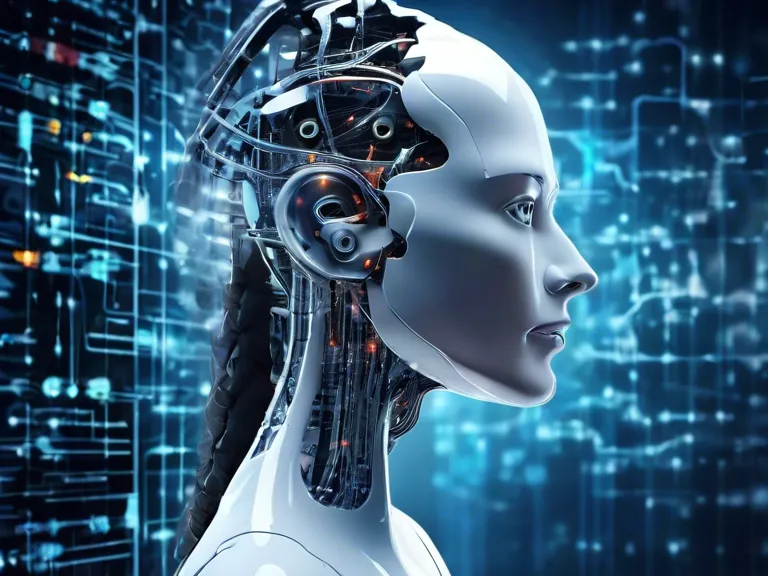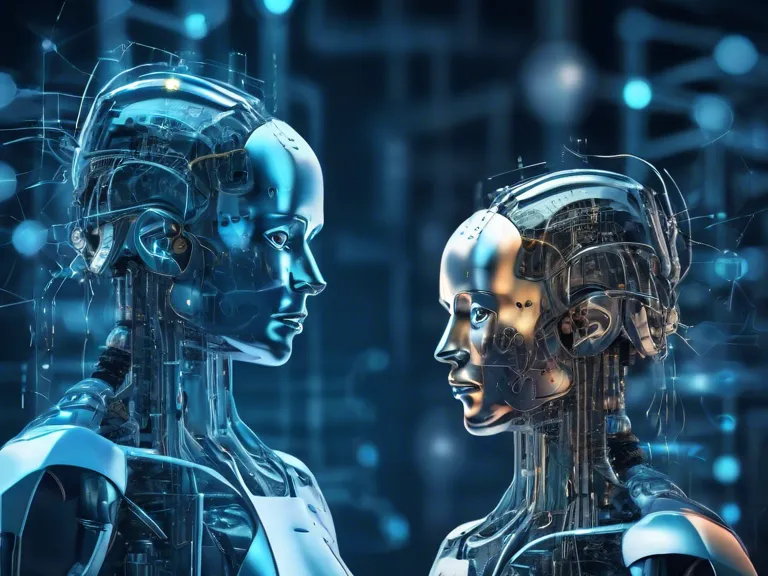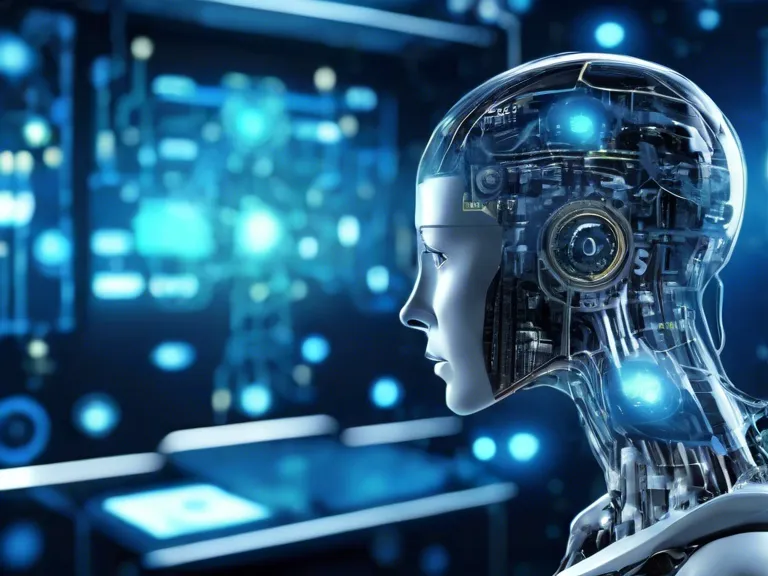
As technology continues to advance, the role of artificial intelligence (AI) in shaping future scientific innovations is becoming increasingly significant. From healthcare to space exploration, AI is revolutionizing the way researchers approach complex problems and gather insights. In this article, we will explore the impact of AI on various scientific disciplines and discuss how it is transforming the way we think about the future.
One of the key areas where AI is making a difference is in healthcare. AI-powered technologies are being used to analyze medical imaging, diagnose diseases, and develop personalized treatment plans. By utilizing machine learning algorithms, researchers are able to process vast amounts of data and identify patterns that may not be apparent to the human eye. This has the potential to revolutionize the way we approach healthcare and improve patient outcomes.
AI is also playing a crucial role in the field of genomics. By analyzing genetic data with AI algorithms, researchers are able to identify genetic predispositions to certain diseases and develop targeted therapies. This has the potential to revolutionize personalized medicine and bring about a new era of precision healthcare.
In the field of space exploration, AI is helping researchers analyze vast amounts of data collected from telescopes and satellites. By using AI algorithms to sift through this data, researchers are able to identify new exoplanets, study cosmic phenomena, and gain a deeper understanding of the universe. AI is also being used to help autonomous rovers navigate the surface of Mars and search for signs of past life.
Overall, AI is shaping the scientific horizons of the future by enabling researchers to tackle complex problems and uncover new insights. As AI continues to advance, the possibilities for scientific discovery are endless.


